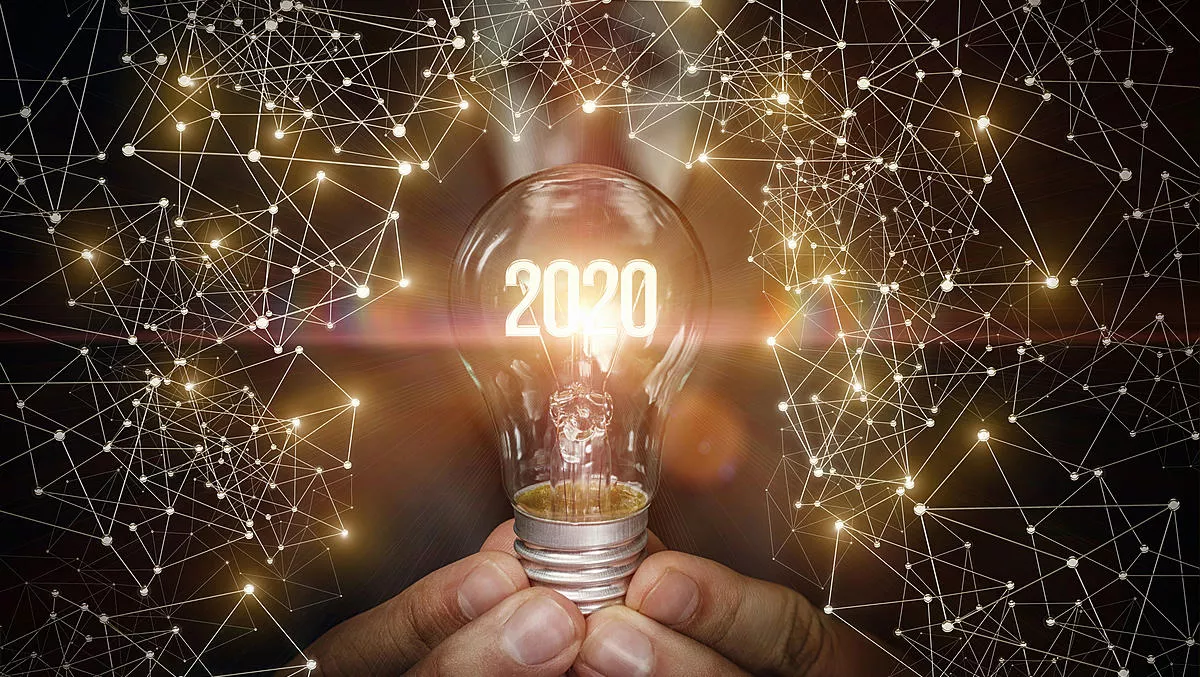
Mastercard has announced its commitment to helping businesses impacted by the COVID-19 pandemic, specifically by enabling one billion people and 50 million micro and small businesses ‘into the digital economy' by 2025.
Mastercard notes as part of this it has a direct focus on providing 25 million women entrepreneurs with solutions that can help them grow their businesses.
This is an extension of Mastercard's pledge in 2015 to bring 500 million excluded people into the financial system, and extends the company's efforts to address the pandemic-related health and economic challenges.
The company achieved its initial goal of including 500 million people in the digital economy through more than 350 innovative programs across 80 countries.
Reaching the one billion goal for financial inclusion will require a broad range of efforts, Mastercard states, including ongoing work on government disbursement solutions, wage digitisation of private sector workers, partnerships with mobile network operators, solutions for gig workers, scaling efforts with fintechs, digital platforms and digital wallets/apps and solutions addressing needs of the financially vulnerable.
Mastercard chief executive officer Ajay Banga says, “If we're going to recover in any sort of long-term, sustainable way, we have to make sure that everyone is included. Getting people access to the digital economy is a critical part of that.
“This is so much more than philanthropy. This is an opportunity to develop commercially-sustainable and scalable social impact with government and private sector partners - and to do it in a way that helps society-at-large thrive.
Mastercard co-president Asia Pacific Ling Hai says, “The COVID-19 crisis has demonstrated the power of the digital economy to sustain societies and commerce during times of great adversity. It has also shown the extreme disadvantage faced by small businesses and people who cannot participate.
Hai says, “For individuals, gaining access to the digital economy means being able to use affordable financial products and services that meet their needs - transactions, payments, savings, credit and insurance.
“For SMEs, access to the digital economy allows them to manage expenses and invoices and to automate and secure processes, freeing up valuable time and resources to focus on other aspects of running their businesses.
“SMEs are the foundation of Asia Pacific economies, making up more than 96% of all businesses and providing two-thirds of private-sector jobs, so bringing them into the digital economy is a powerful force multiplier for societies. The urgent need to do so has never been greater.
The new pledge builds on Mastercard's efforts to support an inclusive recovery by leveraging the company's technology, capabilities and reach.
In the first weeks of the global health crisis, Mastercard, the Bill - Melinda Gates Foundation and Wellcome Trust committed up to $125 million in seed funding to establish the COVID-19 Therapeutics Accelerator.
Later others joined, including the Chan-Zuckerberg Initiative, the UK government, Novartis and Madonna.
Furthermore, Mastercard has committed $250 million in financial, technology, product and services support over the next five years to small businesses in the United States, India and other markets to reinforce businesses and the financial security of their workers.
In the Asia Pacific region to date, Mastercard has provided more than 2.2 million women with tools and resources to expand their businesses.
Mastercard has provided financial literacy training to nearly 200,000 women through various programs in Bangladesh, China, India, Indonesia, Nepal, Philippines, Singapore and Vietnam.
In India, Mastercard partnered with the Mann Deshi Foundation, a local NGO, to establish the first Chamber of Commerce dedicated to rural women entrepreneurs, enabling 10,000 micro and small businesses to expand by equipping their owners with financial services, mentoring, training and new market opportunities.
Mastercard Farmers Network is a digital platform that enables farmers in India and East Africa to buy, sell and receive payments for agricultural goods via their phones, removing the need to walk a substantial distance to markets.
The solution has particular benefits for women farmers, who may have household duties that prevent them from leaving the farm, allowing them to sell their produce and receive payments via a safe, digital environment with greater price transparency and more direct access to buyers, Mastercard states.
It provides the farmers with a legitimate financial footprint and opens up access to loans and other financial services. Mastercard will soon launch a program in India to drive the success of entrepreneurs, increase access to markets for farmers and unlock the economic potential of women.
World Economic Forum founder and executive chairman Klaus Schwab says, “Achieving greater financial inclusion for individuals and small businesses into the digital economy requires collaboration and unique partnerships across sectors and geographies.
"As companies like Mastercard extend their financial inclusion commitment, society must adapt to meet the evolving needs of everyone in the global marketplace.
